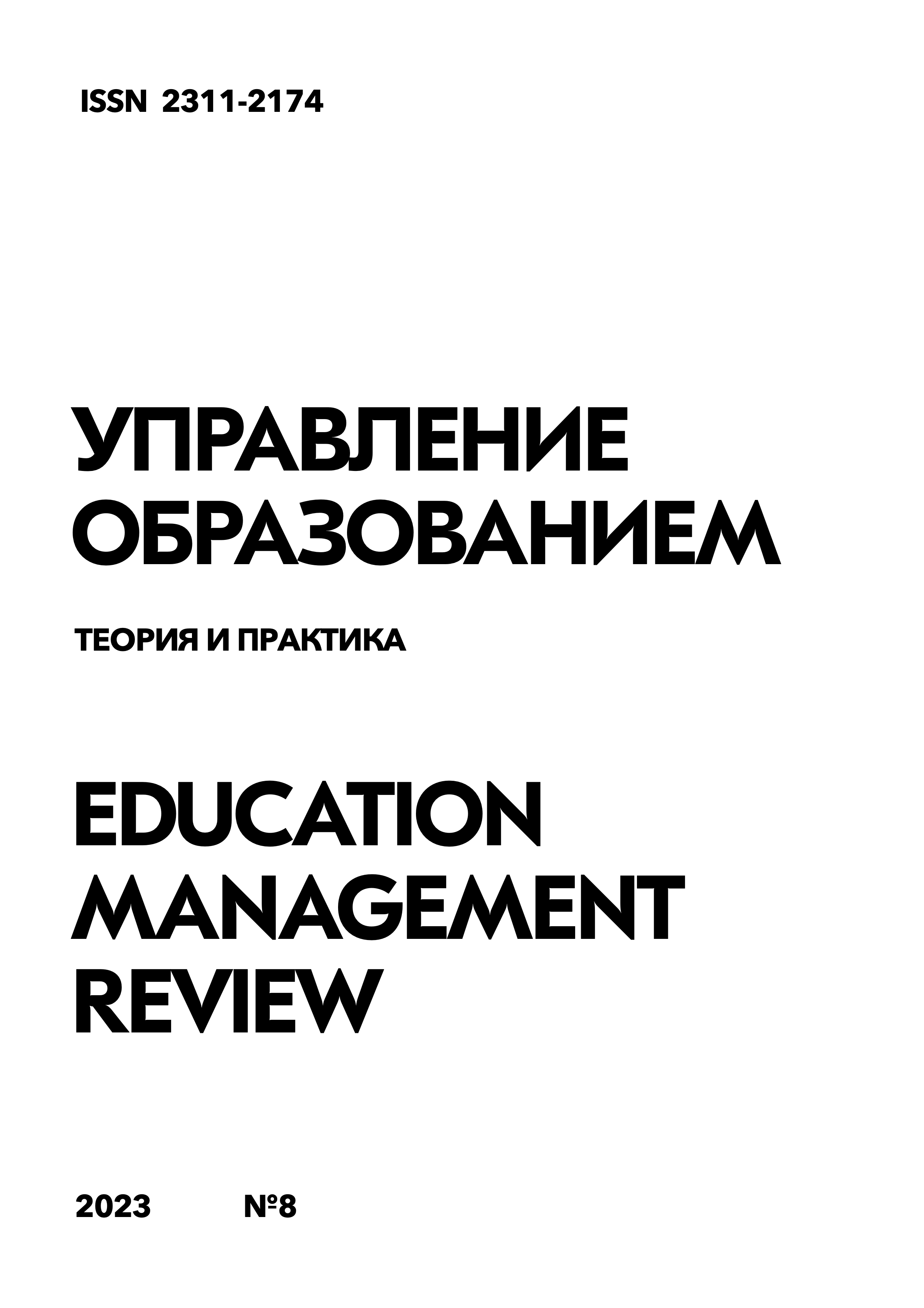Psychological and pedagogical methods of V.F. Odoevsky on the example of the writer's essays and the fairy tale "The Town in the snuffbox"
DOI:
https://doi.org/10.25726/g8621-0461-4847-hKeywords:
genre, plot, literary fairy tale, cycle, fantastic, philosophy of life, author, literary history, pedagogy, didactics, teaching methods, educationAbstract
The article shows within the framework of historical, literary and typological methods that in the first half of the XIX century the Russian literary fairy tale developed within the boundaries of two metatextual forms: a poetic fairy tale and a prose fairy tale, which tended to a scientific, pedagogical, didactic mode. The prose tale took into account, on the one hand, the interest of Romantics in collecting and processing folklore fairy tales, and on the other, to the traditions of the romantic tale of the 1820s and 1830s. The article reveals the reasons for the appeal of the Russian romantic writer V. F. Odoevsky's approach to the genre of literary fairy tales, the appearance in his work for children of fantastic stories, bylichek, fairy tales. The materials for the article are Odoevsky's pedagogical essays and one of the most famous and widely read fairy tales — "The Town in the Snuffbox" (1834). The article compares the pedagogical and artistic texts of the writer, demonstrating the degree of interconnectedness and mutual influence of pedagogical ideas, methods and artistic images, the depth of interpenetration of journalistic, didactic and artistic discourses, which is one of the most important features of the creative manner of the writer-encyclopedist. The analysis of the plot structure of the fairy tale "The Town in the Snuffbox", the relationship of the characters, the roles of the author and the narrator lead to the conclusion that the writer's goal was not so much to entertain the little reader as to educate, have a serious conversation with him about the world around him, its laws, the logical connection of events, as well as the transfer of knowledge about the "mechanics of life", about the education of the individual through the awareness of the discoveries made by the younger person.
References
Белинский В.Г. Городок в табакерке // Белинский В. Г. Собр. соч.: В 9 т. Т. 8. М., 1982. С. 555.
Одоевский В.Ф. Избранные педагогические сочинения / Под ред., с вступ. ст. и примеч. чл.-корр. АПН РСФСР проф. В.Я. Струминского. М., 1955. С. 81.
Одоевский В.Ф. Пестрые сказки / Изд. подгот. М. А. Турьян. СПб., 1996. С. 37–41. (Литературные памятники).
Одоевский В.Ф. Пестрые сказки; Сказки дедушки Иринея / [Сост., подгот. текста, вступ. ст. и коммент. В. Н. Грекова]. М., 1993. 271 с.
Тиманова О.И., Шарафадина К.И. Отечественная «сказочная» книжность XIX века в инфосфере познавательного чтения: семантика и прагматика // Мир лингвистики и коммуникации, 2010. № 2 (19). Электронный научный журнал. URL: http://tverlingua.ru/archive/019/content_19.htm (Дата обращения: 04.07.2023).
Турьян М.А. «Игоша» В.Ф. Одоевского (К проблеме фольклоризма) // Русская литература, 1977. № 1. С. 132–136.




